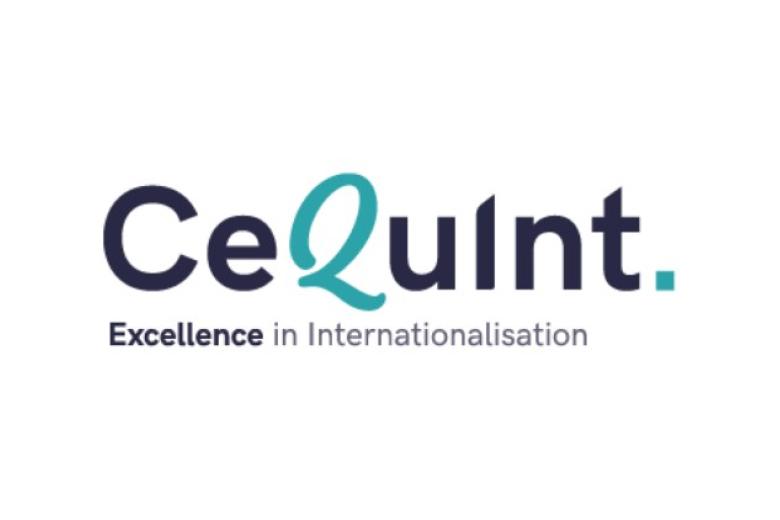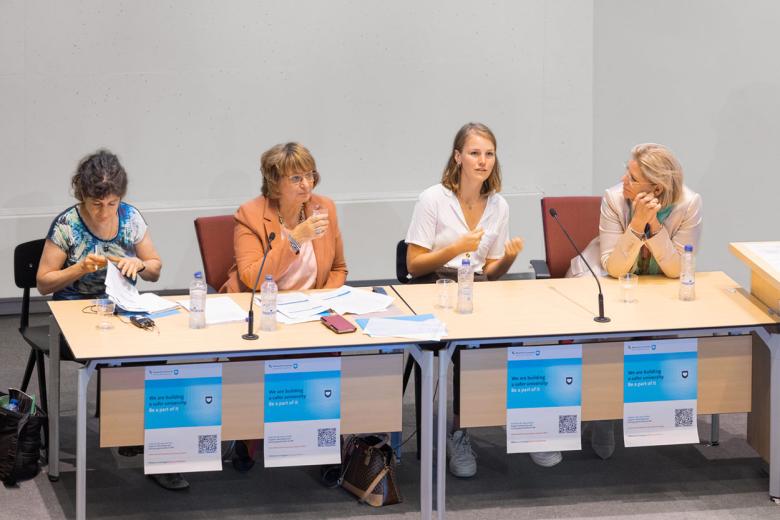A cyclical process based on three principles
Quality assurance is a cyclical process that is carried out systematically at various levels in the organisation. UM uses an interconnected quality assurance system set up following Deming's Plan-Do-Check-Act cycle. This involves three principles that are represented at each level of the PDCA cycles (Institution, Faculty, Training and Module):
- Ownership by those directly involved: The responsibility of the quality of education is placed as close as possible to those directly involved/stakeholders so that they experience shared ownership. The starting point is that they are able to jointly reflect on the quality of education, and realise improvements.
- Trust: Stakeholders are trusted in their role with regard to education quality and are given room to act accordingly. Reflective dialogue ensures natural accountability and connection between the different levels, with follow-up ('closing the loop') and agreements being recorded.
- Continuous improvement: Continuous improvement of the quality of education is driven by the PDCA cycles in which various aspects of educational quality are highlighted. Various sources of information support this process. Involving internal and external stakeholders provides different perspectives for reflection and improvement.
Want to know more?
- Read the quality assurance policy and framework, which provides concrete tools for organising the quality assurance system
- Contact Senior Policy Advisor Education Marieke Peeters if you have additional questions
News about quality assurance in education
UM positively assessed in two external audits: quality assurance in education, and internationalisation
UM has achieved positive results in two important audits: the ITK (Institutional Quality Assessment) and the Certificate for Quality in Internationalisation (CeQuInt).





